The slogan that has fuelled the Kashmiri struggle for ‘freedom’ – continues to elude us even after years of bloodshed, agony and pain. We – ‘hum’ refers to all who happen to live in Kashmir and cry out for… ‘Azadi’ – Freedom.
As ironical as it sounds each person who lives in Kashmir or identifies himself to this concept of Azadi continues to live on thinking that we want Azadi not knowing what exactly this means to them as a nation, as a people.
This need for freedom goes from individual level to the level of a nation – and at each level taking different meanings – remaining elusive, abstract, and unattainable.
As a nation, politically speaking – Kashmir wants freedom from Indian occupation. The reason is an amalgam of many reasons that not necessarily all the Kashmiris would agree upon. The reason ranges from the facts that are burried in the historical documents and events, to nationalistic reasons of seperation on basis of language, skin colour and a distinct culture, moving to immense hatred for India and its policies, to reasons which seem to be having a semblance to ‘need of a separate state based on ideology and religion.’ In reality nobody is quite sure of the reason(s).
The only thing we are sure of as a nation is that we have clung fast to this slogan from its very inception and have used it as a binding force, as a fuel to the so called freedom struggle. Today it loses much of its meaning, it loses the fervour it used to cause, it loses all the passion and emotion that it used to generate. The slogan is lost, just as the hope to achieve freedom is lost somewhere.
There have been politically master planned attempts to have people Kashmiris get rid of this slogan and take another… for e.g. I remember Mehbooba Mufti’s attempt to change to slogan to “Hum kya chahtay – shanti” (shanti for peace), and more recently I saw photographs of a “jaloos” with a placard with “Hum kya chahtay – insaaf” (insaaf for justice). Ironically, none of these is going to stay as an identity to the Kashmiri struggle. … and paradoxically, there cant be any semblance of peace and justice without freedom.
And freedom not just at the political front, but freedom of the nation — politically, economically, socially, religiously – and the freedom at the national level trickling down to the individual level.
Freedom from poverty, freedom from fear of going out of home after 6.00 p.m., freedom from the lies, freedom of expression, freedom from helplessness, freedom from that lump that rises in the throat and sends down tears…freedom to live life…
Truly we need freedom…
… for we are trapped
Trapped in our own desires…
…. unfulfilled, unaccounted for
Taunted by the fences…
… our freedom waits with
Tears in its eyes…
… for the hope
That is lost…
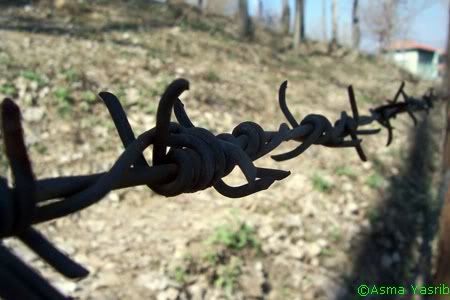
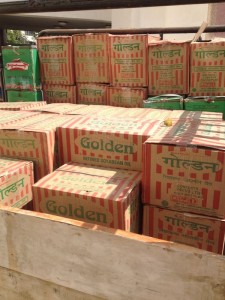
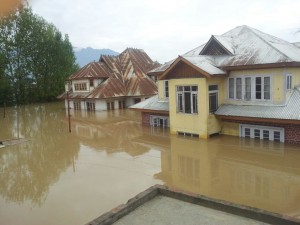
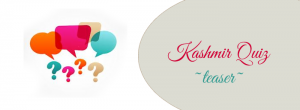
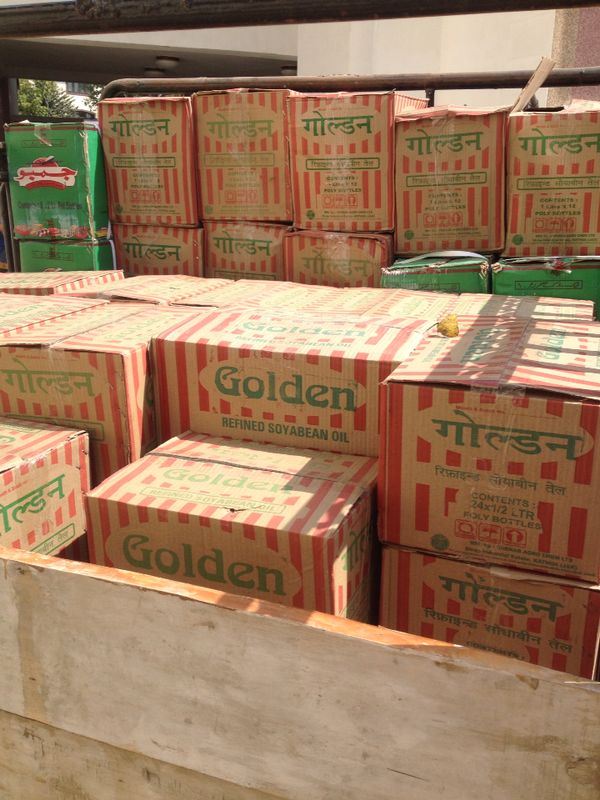
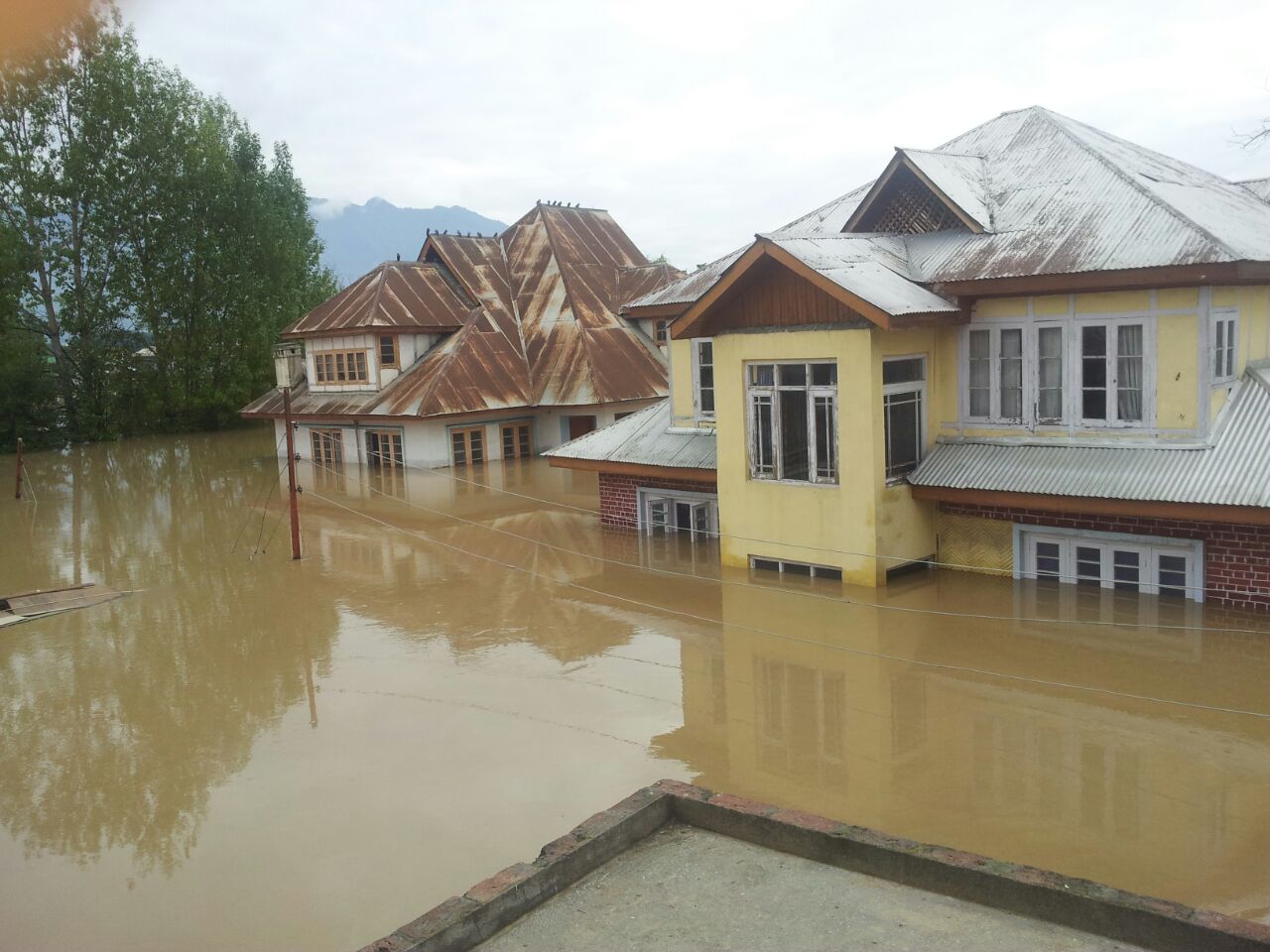
Hum kya chahtay – a conclusion.